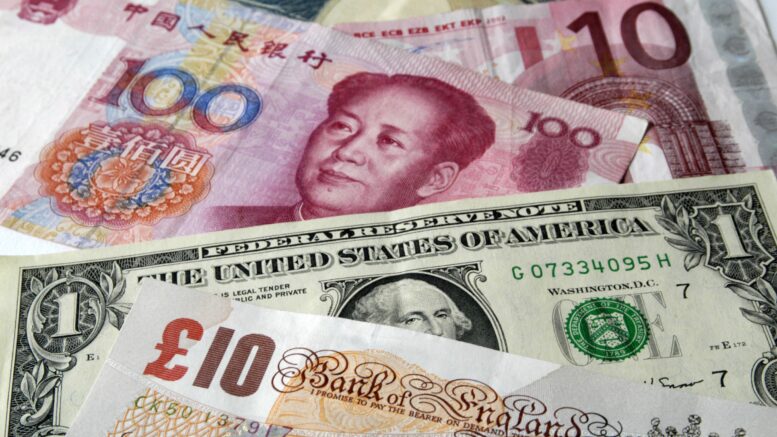Now that you’ve finally had an idea on how to Trade Forex, you are probably aware of the fact that currencies are categorized depending on the monetary rules of the government where it belongs. Technically there are currencies that are called floating while others are closed currency. These technical terms are not merely applicable to traders but to everyone especially to those who are travel fanatics. Spending a bit of your time to read this article is therefore important because you might need these pieces of information to keep yourself safe from making a mistake in terms of bringing in or bringing out a certain amount of currencies from other countries.
Closed vs Floating Currency
When learning about currencies, you would surely come across these two terms, the closed currency and the floating currency. Let us differentiate these two terms. Based on posted dictionaries about finances, a closed currency can also be called a fixed or blocked currency. This type of currency has more strict rules for import and export transactions because they are bound to be circulated only in the home country where they are recognized as a legal tender. In a technical sense, a closed currency is a type of currency where foreign exchange is not allowed to protect a particular economy from elements that could cause inflation such as foreign exchange regulations, government restrictions, physical barriers, political sanctions or extremely high volatility. A floating currency on the other hand is a type of currency where its value is allowed to fluctuate based on market rates.
Is floating better than restricted?
Thoughts regarding this issue differ from one person to another. Some economists say that a floating currency is better than restricted because of its ability to adjust automatically and this will help lessen the effect of shocks and foreign business cycles. At the same time, it also prevents the chances of having a payment crisis balance. Restricted currencies that are fixed on a particular rate on the other hand are also believed by other individuals to be an effective means of helping smaller less developed countries to attract foreign investments thereby making their economy move higher.
Tips when dealing with restricted currency
- Exchanging Restricted Currencies
As mentioned earlier, a restricted currency is a currency that is not allowed to be brought in or out of its country of origin. So when you think of traveling to a country with such a type of currency, bring in enough of your own currency and have it exchanged at a licensed foreign exchange center upon arrival to the country.
2. Spending Restricted Currencies
The main rule is to remember that you can never bring any restricted currency outside its home country. Consequently, you have to make sure that you spend your remaining cash prior to departure to the country.
- Black Markets
Most countries with restricted currencies do not allow black market exchanges as they are not licensed forex markets. Though there may be available block markets in the country and their exchange rates may be higher than that of the banks, you have to think twice before transacting with them as you may violate a specific government rule.
Conclusions:
Our discussion on closed currencies has probably opened your mind to the fact that deciding to trade forex is not just a mere computer based activity. Forex is actually a part of our daily lives as it affects our economy and personality. The closed currency principle is one example that proves the role of forex everywhere.
